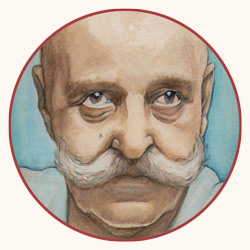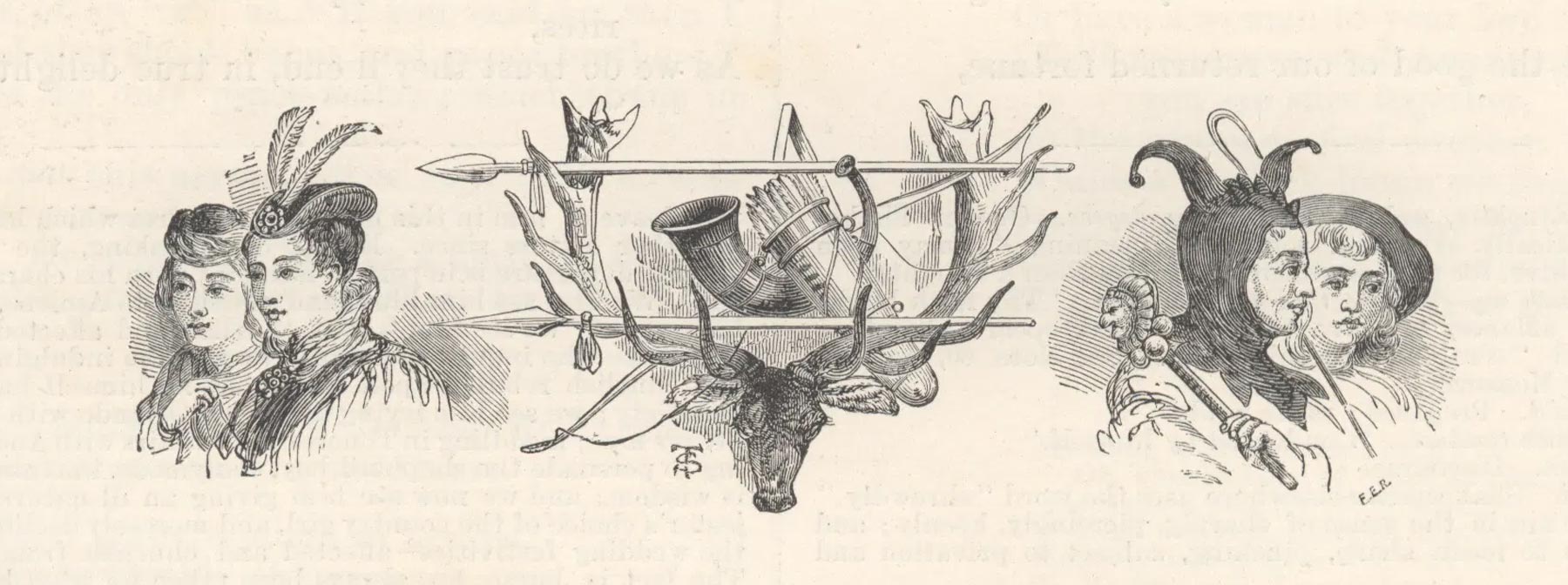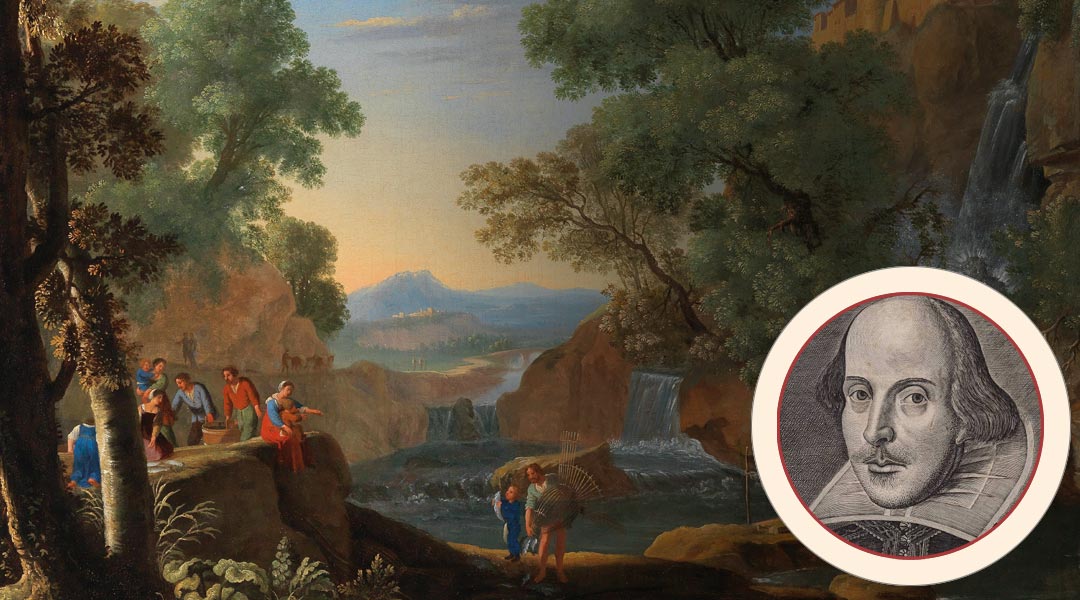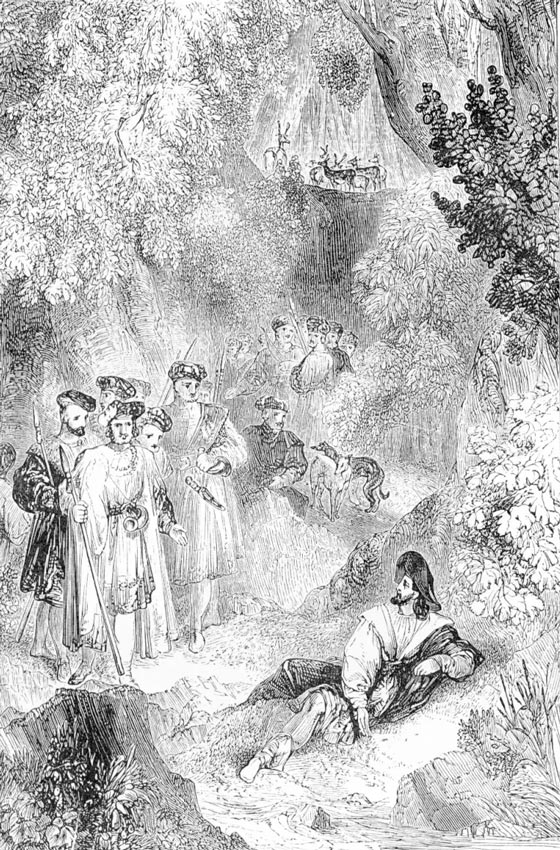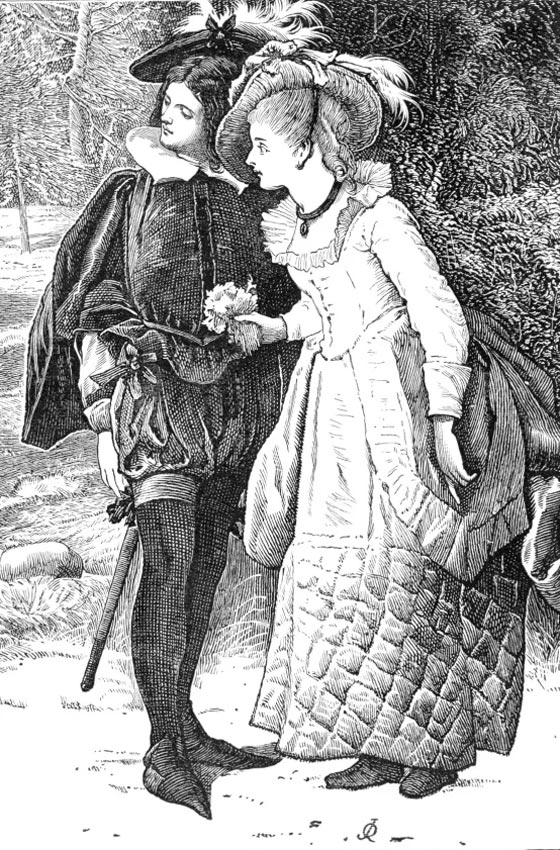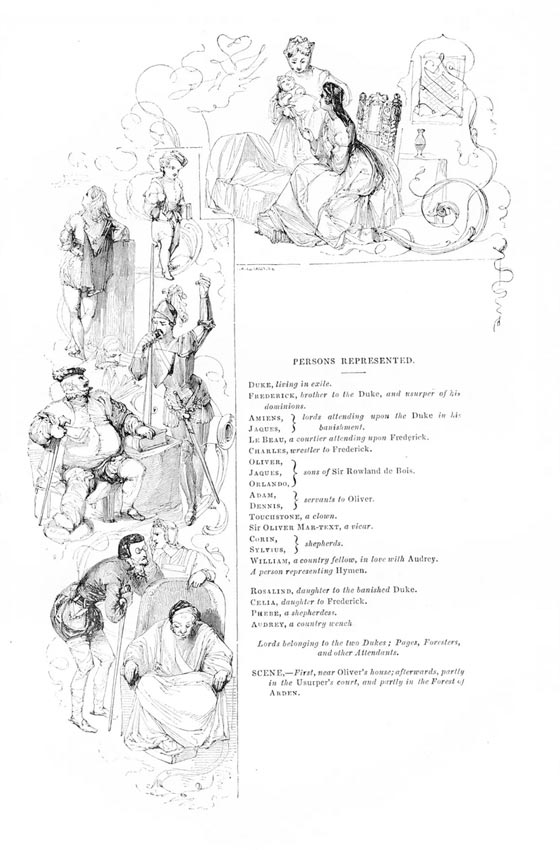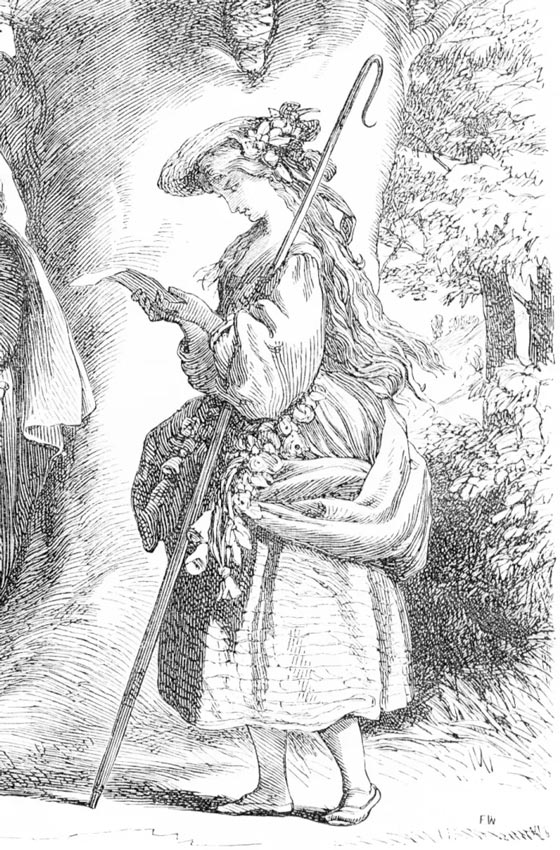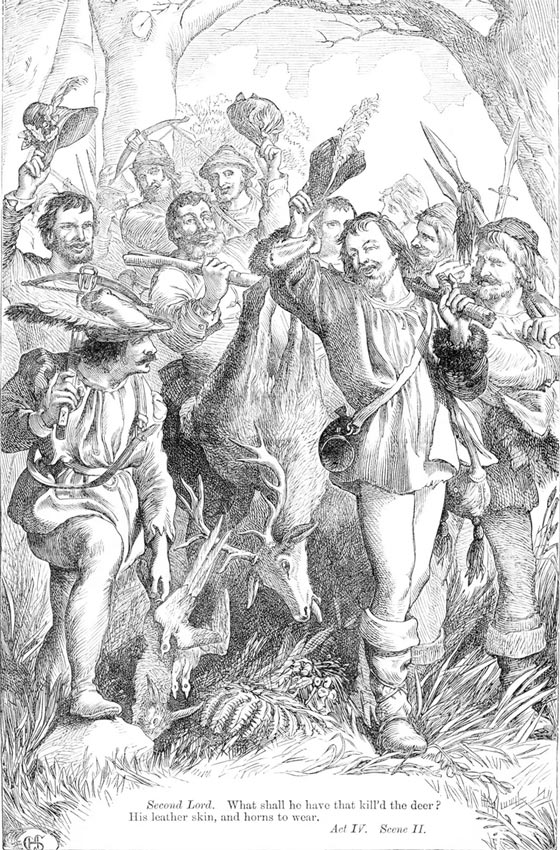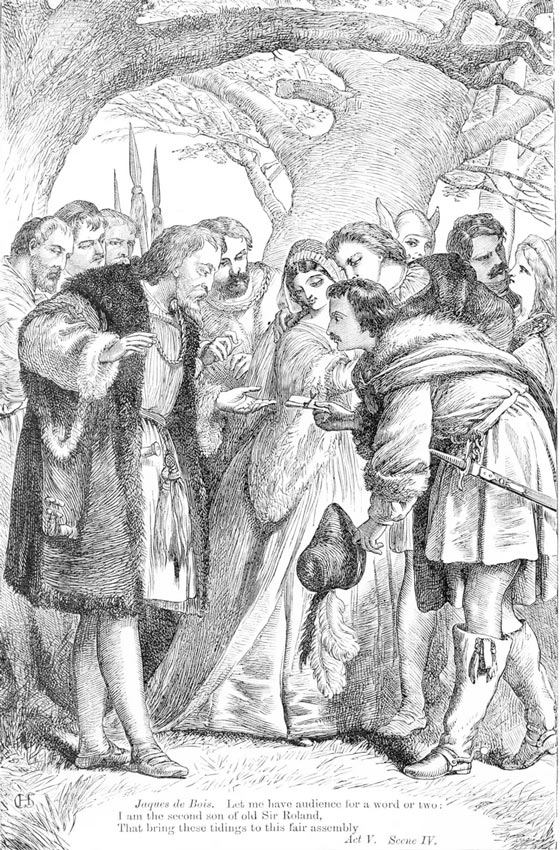As You Like It Workshop
26 APRIL – 1 MAY 2021
BePeriod is gathering for another week-long online workshop, this time in the Forest of Arden. We will meet online every day of the week for three-hour sessions with an intermission. Each session will conclude with a practical exercise to be applied throughout the following day. Students’ verifications from this exercise will lay the ground for the following session.
Shakespeare’s works have deep roots. He drew from Ancient Greek and Roman plays, and Judeo-Christian myths, and wove them into theatrical dramas. We will use the key themes of the play As You Like It as instruction and inspiration for self-study. Read more below…
1st Session – 26 April | 3pm & 8pm UTC
Shakespeare’s As You Like It
We begin by reviewing forms used by schools. Not all past ages were as intellectually oriented as ours. Schools expressed their wisdom in the forms of architecture, sculpture, painting, literature, theater, to name a few. Most of these forms abided by the principle of esotericism. They carried a double meaning: an outer, literal meaning, and an inner, symbolic one. Shakespeare’s plays fall into this category, with outer plots within which are threaded symbolic themes.
Key themes we will follow in this play:
- Court and Country as Personality and Essence
- Wheel of Fortune (powering the movement between Court and Country)
- External and Internal Government
- The Principle of Payment
The contrast between court and country stressed throughout As You Like It will help us explore the contrast between personality and essence and their proper relation to each other.
The Forest of Arden
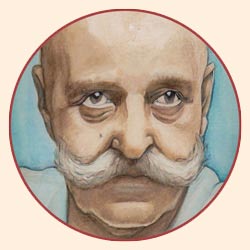
Rosalind and Celia
2nd Session – 27 April | 3pm & 8pm UTC
The Court as Personality
The curtain of As You Like It opens to the city of Lyon. Oliver, the eldest son of a deceased nobleman, denies his brother Orlando his rightful education and inheritance. Frustrated, and careless for his own life, Orlando has challenged an accomplished wrestler to a match in court. Oliver hopes Orlando will be killed in this match and gotten rid of.
A similar brotherly rivalry has lately unraveled in court; Duke Senior has been usurped by his brother, Duke Frederick, and has fled into exile. Frederick allows Senior’s daughter, Rosalind, to remain at court because of her close ties to his own daughter, Celia. The wrestling match brings most of these characters together. Orlando subdues the wrestler against heavy odds (as David subdued Goliath). Rosalind congratulates him and they fall in love. When Frederick learns Orlando’s late father was a close ally of his rival the banished Duke, he is enraged.
Orlando flees Lyon to the Forest of Arden. Duke Frederick banishes Rosalind. She and Celia also secretly escape to the Forest in disguise, along with the Court Jester Touchstone. So after spending the first act of As You Like It witnessing the pretense and manipulation of the court, we are relieved to escape for the rest of the play to the Forest of Arden, where we will meet Duke Senior and his exiled entourage.
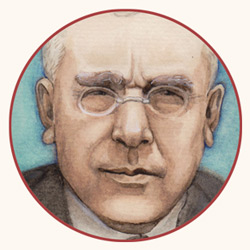
3rd Session – 28 April | 3pm & 8pm UTC
The Forest as Essence
Act II of As You Like It opens to the Forest of Arden. The banished Duke Senior and his supporters praise the simplicity of their lives, the subtle lessons of nature, and the freedom from the machinations of the court. Essence thrives on natural impressions. The songs and metaphors in the forest will put the teaching of BePeriod in powerful context, underlying the logic of portraying inner work in terms of farming.
Orlando chances upon the Duke’s camp and is accepted into his company. Meanwhile, Rosalind and Celia, disguised as Ganymede (a man) and Aliena (a woman), arrive in the forest accompanied by the Court Jester, Touchstone. They purchase a modest cottage and eventually run into the lovesick Orlando. Taking the disguised Rosalind to be a young man, Orlando confides in him that his affections are overpowering him. Rosalind, as Ganymede, claims to be an expert in ridding lovers from such emotions. She will cure Orlando of love-sickness if he agrees to pretend that Ganymede is Rosalind and promises to come woo her every day. Orlando agrees, and the love lessons begin.
We will study the role of Court Jester, or Fool, in this play. The name ‘Touchstone’ is meaningful. Its definition is, ‘a black siliceous stone related to flint and formerly used to test the purity of gold and silver by the streak left on the stone when rubbed by the metal.’ Exoterically, the Fool had special privileges in court. We will examine its esoteric equivalent in the micro-cosmos human being.
The Seven Ages of Man
George Gurdjieff, In Search of the Miraculous

Love Notes in the Woods
4th Session – 29 April | 3pm & 8pm UTC
Time
Orlando is infatuated with Rosalind. He hangs love poems (of amateur quality) on trees praising her beauty. The poems are found by many of the forest dwellers, including Rosalind and Celia.
Disguised as Ganymede, Rosalind teaches Orlando how to woo women by asking him to pretend she is Rosalind and court her. In their first lesson, Rosalind mentions in passing how time differs for different people. We will take a cue from this comment to explore the different experiences of time by Essence, Body, and Personality. Time is closely connected to mechanicality, to the endless shifting of the wheel — that same Wheel of Fortune that enthrones one Duke at the expense of another, then turns around to replace between them.
Herein lies the enigma of inner work. Our efforts occur in time; results are experienced outside of time. It takes trial and error to learn to reconcile this contradiction, just as it takes trial and error to strike a right balance between changing and accepting what we observe.
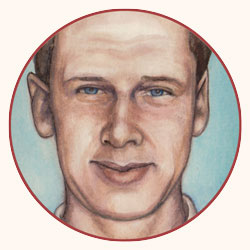
One of our chief mistakes is that we take man’s time as always the same. We regard an hour of childhood as of the same value as an hour of old age. This is quite a false view.
Rodney Collin, The Theory of Celestial Influence
5th Session – 30 April | 3pm & 8pm UTC
Educating Essence
Some of Duke Senior’s followers kill a deer and present it to the duke. They plan to set its horns on the hunter’s head as a crown of victory. The buck — the male deer — is the only member of the herd to grow antlers. As soon as other young males come of age and begin growing their own antlers, the leader chases them away. We find here an allusion to the conflict between the dukes. We will expand upon the symbolism of horns, which is pre-Christian and which inspired the rulers of the old world to wear crowns.
Rosalind (disguised as Ganymede) continues teaching Orlando how to woo. Just like his amateur poetry, his wooing proves immature. On the surface, Ganymede sets out to right his errors; behind the disguise, Rosalind teaches the object of her affection how to properly court her. Orlando, the hero of this play, is being educated by Rosalind, the heroine. Evidently, this education can only occur if the hero be unaware that he is actually being educated by the object of his desire. However, the heroine can know. We will explore the inner meaning of this obvious absurdity.
Song and Dance
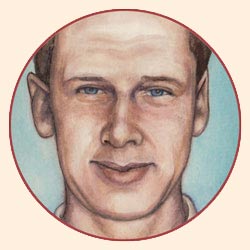
Jaques Brings News
6th Session – 1 May | 3pm & 8pm UTC
Rebirth
Rosalind’s disguise and playfulness come to a head. Orlando is losing patience. She must conclude her lessons and reveal her true identity. This will also inevitably unite her with her father, the banished duke. Assuring Orlando that she can work magic, she boasts of being able to materialize Rosalind in the Forest of Arden on the following day and bids him come to marry her, in the presence of the rest of the forest dwellers . With divine intervention in the form of the god of marriage, Hymen, Rosalind reveals herself, and marries Orlando.
The humorous conflicts in Shakespeare comedies are often resolved in marriage. The bride Rosalind, who oversaw the education of her groom Orlando, now actualizes her marriage. We will study the inner meaning of wooing and marriage, and seek to understand how this otherwise unbelievable story instructs us through our journey towards awakening.
Midway the festivities, Jaques de Bois, the middle brother of Oliver and Orlando, arrives in the forest to inform the wedding party that Duke Frederick has stepped down from the throne and returned power to the rightful Duke Senior. Justice and order have been restored.
